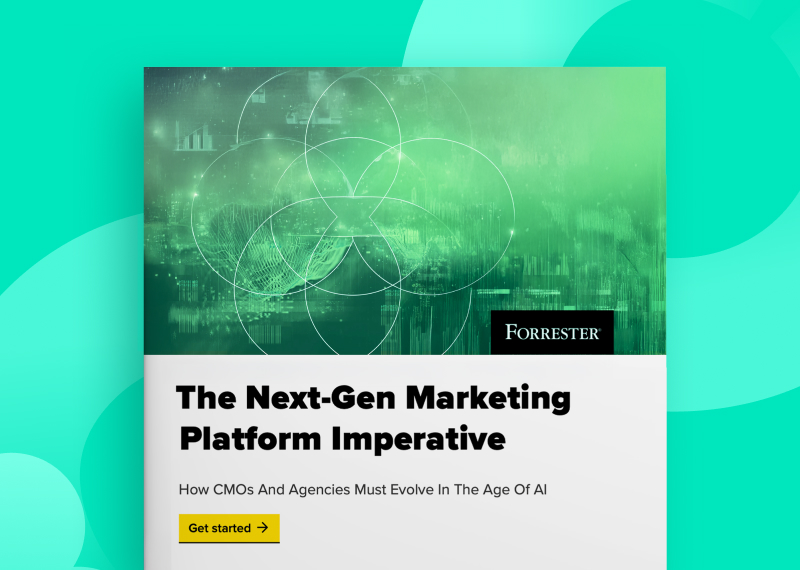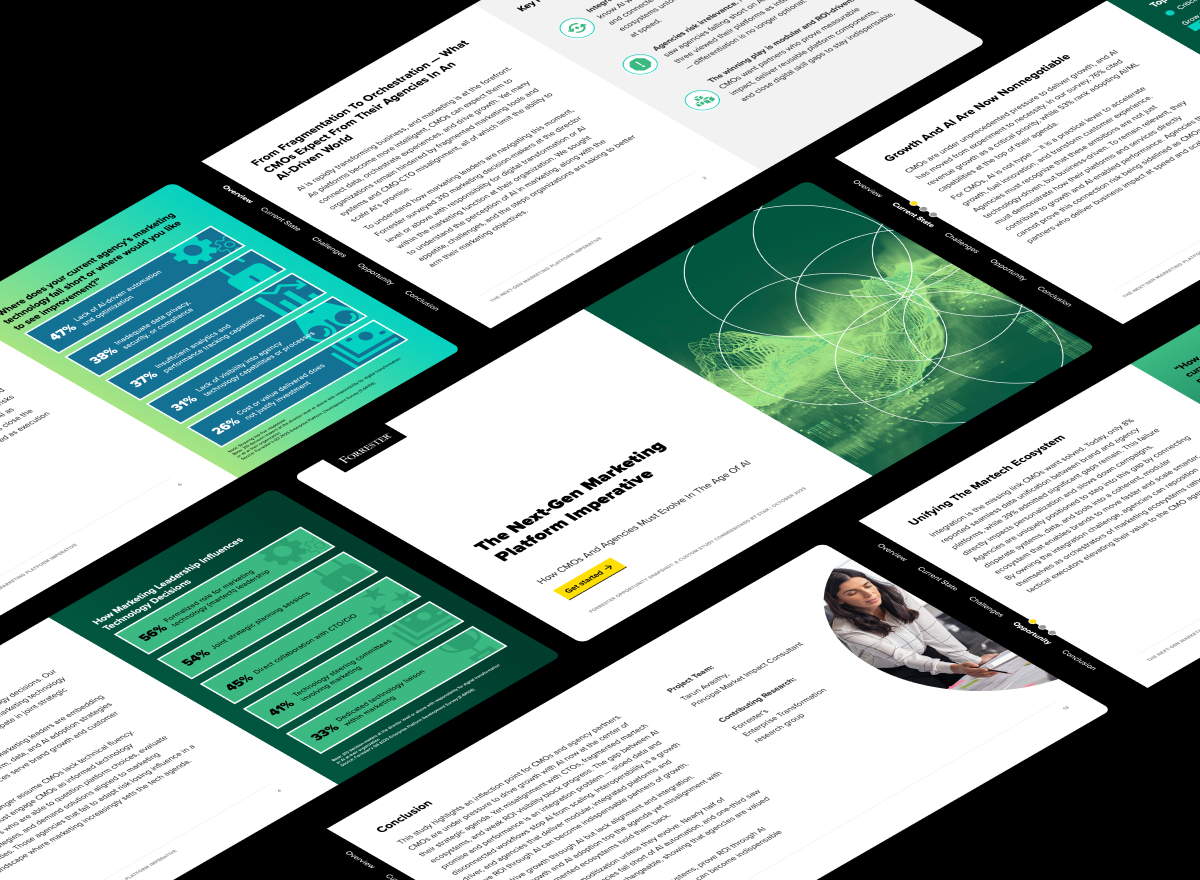Welcome to a transformative era in the creative industry. The emergence of generative AI in advertising is prompting agencies to rethink their value propositions and business models. Brands are increasingly investing in in-house generative AI tools, with 60% of marketers identifying GenAI as a high ROI potential investment, according to a recent Forbes article.
If brands develop their own tools, how will this influence the business models of agencies?

During the event, Scott Tieman, Global Head of AdTech at Star, engaged in a live conversation with Jon Lonsdale, CEO of Publicis Pro, and Vitaly Pecherskiy, CEO and Co-founder of StackAdapt. They discussed the radical shifts generative AI could bring, the pitfalls of hyper-personalization, and ways to commercialize AI tools. Furthermore, Jon shared their journey of productizing Publicis Pro's recently launched GenAI tool, B2B Lab.
The event explored the complexities agencies and brands face when integrating generative AI, emphasizing the importance of staying ahead of the curve. Key topics included:
- Reimagining agency business and billing models with GenAI tools.
- The potential for GenAI to achieve true one-to-one hyper-personalization in advertising.
- The implications of AI-intensive consumer journeys.
- Effective integration of AI into agency offerings.
Watch the recording to integrate AI into your long-term strategy.
Generative AI's impact on business models
Besides the common value of AI in advertising, GenAI is set to transform traditional business models, particularly in how agencies operate, bill clients, and deliver value.
Jon highlighted a shift from time-based billing to outcomes and outputs: "In a service environment, you can only move as quickly as your clients. We're all in this learning phase, but it's got massive potential to change the model. It's hard to get the pricing model right, but it will change. It will shift from an hours and time model to an outcomes and outputs model." He also emphasized the importance of preserving human creativity, which will be the most valued asset in this era of tech advancement.
Scott shared that all players in the AdTech space want to develop an integrated and holistic solution powered by AI: "People want comprehensive solutions combining data, creativity, and technology. Agencies, tech companies and brands are building capabilities using AI to differentiate their offerings and create new revenue streams. So maybe one day, we’ll see a line item on the agency invoice, which might just be the computing power of AI processing". Read more on Scott’s perspective on generative AI in the creative economy.
Vitaly emphasized AI's strategic integration: "AI should be part of a broader strategy. Using AI for content as a part of the creative process doesn’t make your value proposition strong. Your offering should focus on transformational marketing strategy where AI is integrated as one of the pieces."
Hyper-personalization with generative AI
The potential for GenAI to achieve one-to-one hyper-personalization in advertising is debated. Scott highlighted the demand for personalized interactions: "People want 24/7 personalized interactions across all channels. AI is progressing, and we're seeing advancements in synthetic persona development, allowing extracting deeper insights with GenAI looking at large sets of actual data. This, in return, can be used for more effective campaigns with validated creative and messaging."
Vitaly raised concerns about scalability and quality assurance: "Personalization has diminishing returns. Generating millions of personalized ads is costly and complex, for instance, how much will QA of 10 million ads cost? So to me, the degree of personalization can be absolutely experimented, like scaling testing of ads variations but marketers should consider AI within the broader context of their strategies."
AI-powered consumer journeys
And we couldn't overlook the role of consumer expectations as the main driver of advertising advancements. Jon noted that while AI adoption among consumers is still in its early stages, significant B2B changes are occurring: "Only 3% of 40-50-year-olds use AI daily. However, in customer service and experience in B2B companies, AI is driving significant changes."
Scott added that consumers want natural, high-quality interactions with brands: "AI can unlock these interactions, but transparency and control are essential. Consumers need to trust and understand how AI provides those suggestions."
Strategy for commercializing generative AI
Commercializing generative AI requires strategic implementation and a deep understanding of technology. While many agencies currently view AI as a productivity tool rather than a new revenue stream, Scott highlights an important point: "I don't think that agencies truly recognize that just yet. Survey results show that only 39% of agencies understand the full potential of AI commercialization. I think there's the potential for many different ways to commercialize it."
If agencies build their own AI tools, the real value will lie in the models they provide for brands. Scott elaborates, "Agencies can develop value-added services leveraging AI, which is a whole new revenue stream. Performance-based models become possible when agencies have more control over the integrated model. This shift supports business models that focus not just on time spent but on the value being unlocked."
Jon stressed the importance of using AI within agencies before commercializing it: "Once your teams start using and talking about it, the innovation and right commercialization model will come. First, you need to understand AI by using it, and then you can speak with authority to your clients. Initiate this co-creation model with your clients, make sure you created a safe and secure environment to train that model, get a code of conduct and integrate AI into daily operations. "
Valeria Balaro wrapped up by highlighting the necessity of a strategic approach. At Star, we apply Endgame Thinking, which enables you to achieve your bold vision by systematically working backward to identify and execute clear, actionable steps: "Think about your end game and long-term vision before implementing AI. Don't just follow the hype; solve real problems and integrate AI meaningfully into your business model."
Explore the future with 10FWD
Our future-gazing 10Forward report equips you to navigate tomorrow's market and societal shifts. Discover how advancements in transportation, digital currencies, and health tech will shape the future consumer.







